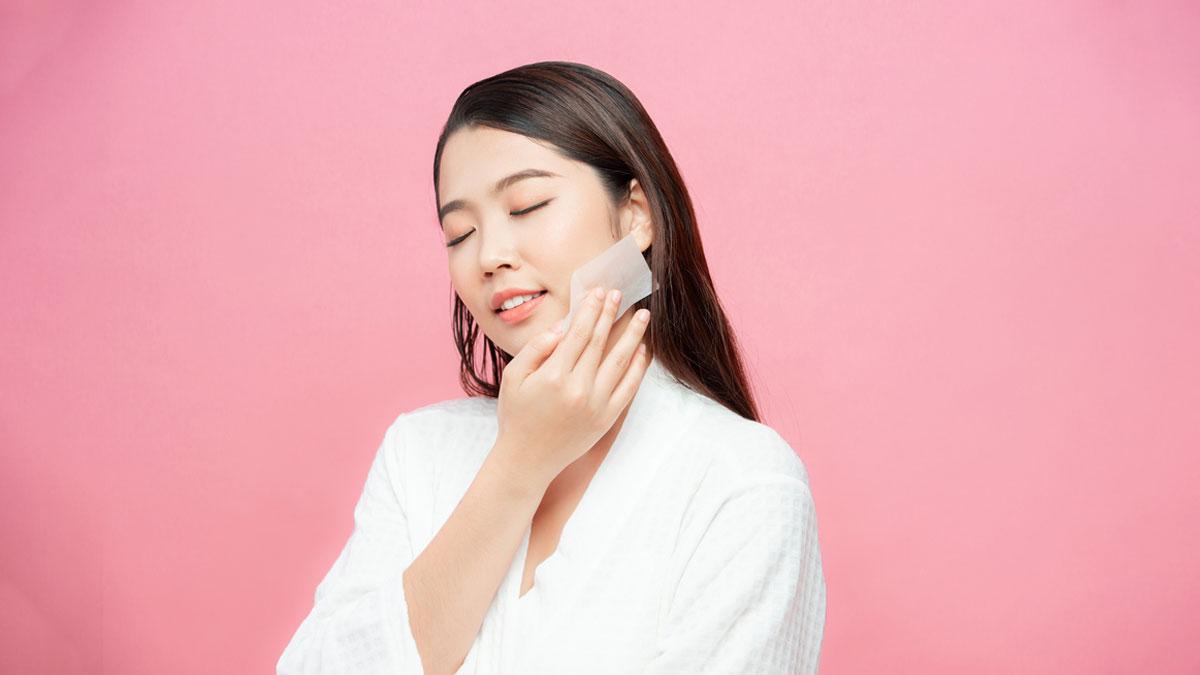Korean skincare has garnered a global reputation for its commitment to achieving radiant, flawless skin. Central to the success of the Korean skincare routine are the meticulously chosen ingredients, each selected for its unique properties and benefits.
From traditional herbs deeply rooted in Korean culture to innovative, science-backed compounds, these ingredients form the heart of the K-beauty regimen.
In this exploration of Korean skincare ingredients, we look into the secrets behind the glowing complexions of K-beauty enthusiasts, unraveling the science and tradition that make these ingredients the stars of the skincare world.
1. Snail Mucin
One of the standout ingredients in K-beauty is snail mucin, a secretion that snails produce to protect and repair their skin. In skincare, snail mucin is celebrated for its hydrating and regenerative properties. Rich in glycoproteins, hyaluronic acid, and glycolic acid, snail mucin helps moisturize the skin, improving elasticity and promoting cell turnover.
This results in a smoother, more youthful complexion. Snail mucin has become a staple in many Korean skincare products, from serums to creams, offering a unique and effective way to address various skin concerns.
2. Ginseng
Ginseng, deeply rooted in Korean traditional medicine, has found its way into modern K-beauty formulations for its revitalizing and anti-aging properties. Packed with antioxidants, ginseng helps combat free radicals that contribute to premature aging. It also promotes collagen production, improving skin elasticity and firmness.
Ginseng extract is a common ingredient in serums and creams, offering a rejuvenating boost to the skin. Beyond its skincare benefits, ginseng holds cultural significance in Korea, symbolizing vitality and longevity.
3. Green Tea
Green tea, a beloved beverage in Korean culture, has also earned its place in K-beauty for its antioxidant-rich and soothing properties. Green tea extract is a common ingredient in cleansers, toners, and serums.
It helps protect the skin from environmental damage, soothes inflammation, and contributes to a more even complexion. The polyphenols in green tea are known for their anti-inflammatory and antimicrobial effects, making it an excellent choice for those with acne-prone or sensitive skin.
4. Rice Extract
Rice, a staple in Korean cuisine, has also become a key player in K-beauty for its brightening and nourishing properties. Rice extract is known for its ability to improve skin texture, fade dark spots, and provide a radiant complexion.
Rich in vitamins, minerals, and amino acids, rice extract offers a nutrient boost to the skin. Whether in the form of cleansers, masks, or serums, products featuring rice extract contribute to a luminous and even skin tone.
5. Hyaluronic Acid
While hyaluronic acid is not exclusive to Korean skincare, its widespread use and efficacy make it a notable inclusion in K-beauty formulations. Hyaluronic acid is a hydrating powerhouse, capable of holding up to 1000 times its weight in water.
This makes it an ideal ingredient for maintaining skin hydration, plumping fine lines, and creating a dewy, supple complexion. Whether in toners, serums, or moisturizers, hyaluronic acid is a versatile ingredient that caters to the fundamental need for skin hydration.
Hyaluronic acid is often featured as a key element in the layering of lightweight and hydrating products. Its ability to draw and retain moisture contributes to the renowned Korean approach to achieving a “chok-chok” or dewy complexion.
As you embrace hyaluronic acid in your routine, you’re aligning with a global appreciation for this skincare superhero while tapping into the nuanced layering technique that defines K-beauty.
6. Centella Asiatica
Centella Asiatica, also known as “Cica,” has become a sensation in Korean skincare for its soothing and healing properties. Traditionally used in Asian medicine, Cica is celebrated for its ability to calm inflammation, promote wound healing, and strengthen the skin barrier.
Products featuring Centella Asiatica are particularly popular for those with sensitive or irritated skin, as they offer a gentle yet effective solution for various skin concerns.
7. Niacinamide
Niacinamide, also known as Vitamin B3, is a versatile and multi-benefit ingredient that has become a staple in Korean skincare. Known for its ability to address a range of concerns, including uneven skin tone, enlarged pores, and fine lines, niacinamide offers a well-rounded approach to skincare.
It helps strengthen the skin barrier, regulates oil production, and promotes a more even complexion, making it suitable for various skin types.
8. Propolis
Propolis, a resinous substance produced by bees, has made its way into K-beauty for its antibacterial and anti-inflammatory properties. Rich in antioxidants, propolis helps protect the skin from environmental stressors while promoting healing and regeneration.
It’s a valuable ingredient for those with acne-prone or sensitive skin, offering a natural and effective solution to soothe and strengthen the skin.
9. Mugwort
Mugwort, or “ssuk” in Korean, holds a special place in traditional Korean medicine for its calming and detoxifying properties. In skin care, mugwort is valued for its ability to soothe inflammation, control excess oil, and provide a sense of balance to the skin.
Whether used in toners, masks, or creams, mugwort is a go-to ingredient for those seeking a calming and refreshing skincare experience.
10. Retinol
Retinol, a derivative of Vitamin A, is a powerhouse ingredient in addressing signs of aging and promoting skin renewal. While not exclusive to Korean skincare, its inclusion in K-beauty products signifies a commitment to comprehensive anti-aging solutions.
Retinol encourages cell turnover, boosts collagen production, and diminishes the appearance of fine lines and wrinkles, making it a coveted ingredient for those seeking age-defying results.
The Final Words
The magic of the Korean skincare routine lies not only in its intricate multi-step routines but also in the carefully chosen ingredients that form the backbone of the K-beauty philosophy.
From traditional herbs that have withstood the test of time to cutting-edge compounds backed by scientific research, each ingredient contributes to the holistic approach of achieving healthy and radiant skin.
As you explore the secrets behind K-beauty ingredients, you’re not just participating in a skincare routine; you’re engaging in a centuries-old tradition that celebrates the art of caring for your skin with the finest that nature and science have to offer.
You can also opt for a Korean sunscreen stick to protect your skin from UV rays.









